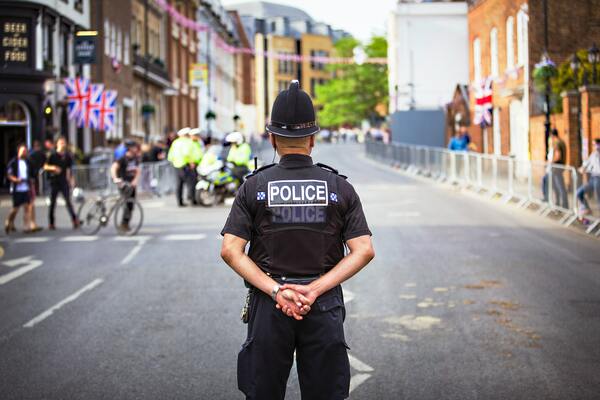Recent research from the Mayor of London’s Violence Reduction Unit (VRU) has shown that Child and Adolescent to Parent Violence or Abuse (CAPVA) is a largely hidden harm, with up to 40% of parents stating they feel unable to report the issue to police. Parents said they only contacted the police at crisis points when they felt they had no other choice and were afraid for their physical safety.
Respect’s Young People’s Service (RYPS) has long been aware of families’ reluctance to access a criminal justice response in CAPVA cases, and has been working with police to ensure that when families do call, they receive a well-informed response that prioritises the safety and wellbeing of the young person and their family.
To achieve this, RYPS has been delivering bespoke briefings to frontline officers across local police forces. These half-day briefings focus on causal factors; the lived experience of the parent and child; and risk and safeguarding issues specific to CAPVA. We work with officers to explore best responses at the scene and consider effective ways we can plan for the safety of the young people and their families.
The aim of these briefings is to promote a culture of police response that reduces parental shame and victim blaming, promotes a safety focussed first response and limits the use of prosecution to the highest risk cases only. To date RYPS has worked with police on CAPVA awareness in Northumbria, West Mercia, Plymouth and Cornwall and Durham.
RYPS Practice Development Lead Justine Dodds says,
“Our hope is that we can spread awareness across all local police forces so that parents reach out before absolute crisis point, and when they do, they receive a consistent and empathic response which links parents into support without them having to resort to criminalising their own children.”
“At present CAPVA isn’t specially addressed in the Domestic Abuse Matters training and we’re keen to help forces fill that gap and upskill their staff in an issue that is complex and which straddles both adult and children’s safeguarding.”
Below is a snapshot of what police officers who have attended the briefings have thought so far:
“Very informative morning, something that needs to be widely spread so the understanding of CAPVA can be put into practice.”
“A very reassuring set of scenarios and methods. I'm big on not criminalising children or demonising them. There is always a better way. And you have shown us that. Thank you.”
“Very good insight into an issue that is normally masked and dealt with as domestic abuse or a child incident. Will now be able to recognise CAPVA and ensure referrals are appropriately highlighted.”
If you'd like to learn more about the Respect Young People's team and their work, drop them an email.
Respect’s Young People’s Service (RYPS) has been working to address the issue of CAPVA since 2015 when the Respect Young People’s Programme (RYPP) was created to specifically address parent abuse using whole family intervention. Read more about the RYPP here.









